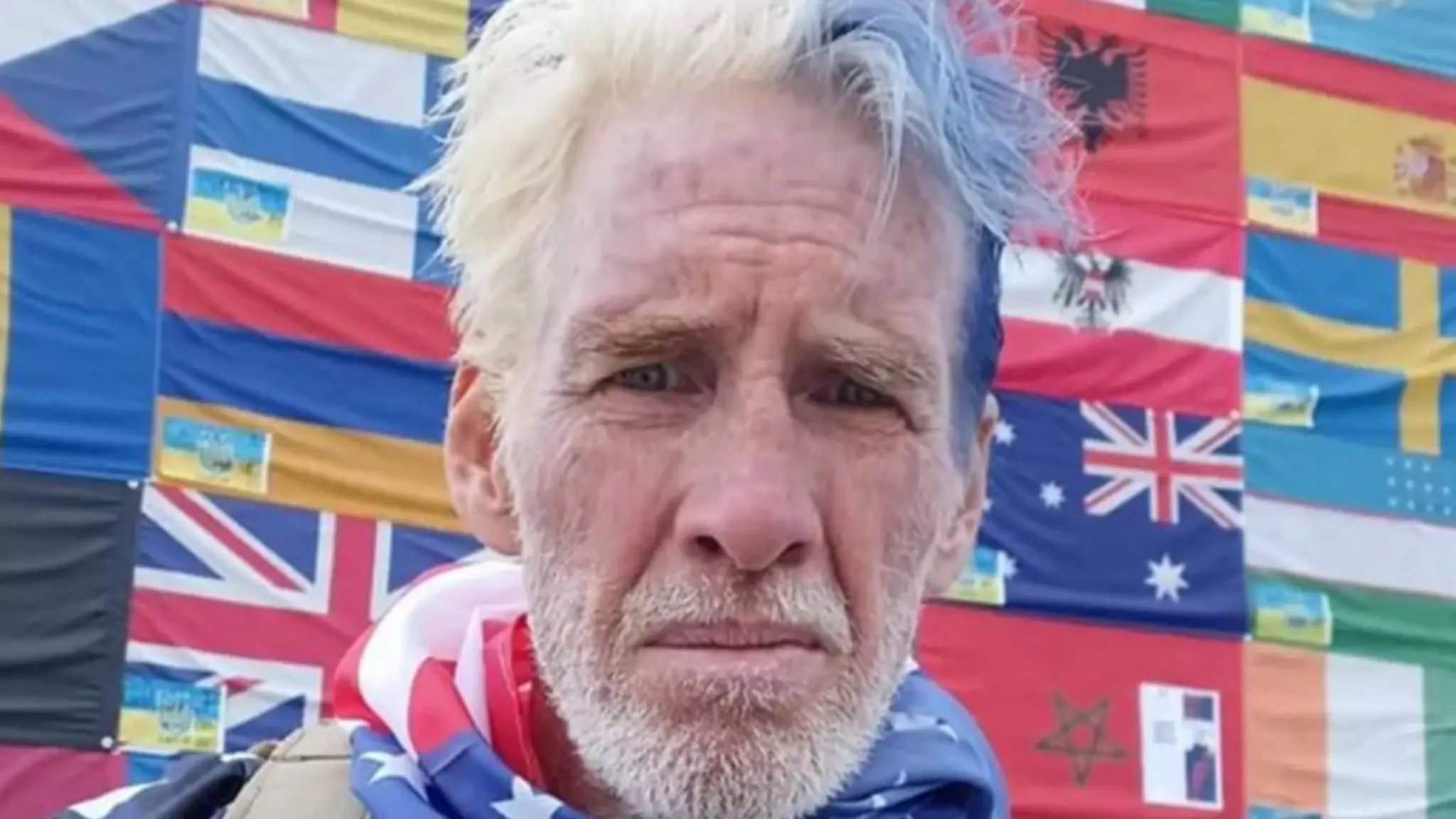In an unsettling revelation that has caught the public’s attention, Ryan Wesley Routh’s alleged assassination attempt on former President Donald Trump has ignited intense scrutiny into his character and motivations. A stark contrast emerges between Routh’s son Oran’s description of his father and the violent accusations now associated with him. Oran asserts that his father is not inherently violent, but rather someone who, like many others, harbors disdain for Trump. This dissonance raises critical questions about the complexities of human behavior and the influences that can drive individuals to act against their moral compass.
While Oran claims his father’s run-ins with the law were limited to minor traffic infractions, an examination of Routh’s past reveals a history laden with troubling incidents. In 2002, he faced serious charges related to domestic terrorism, specifically involving a fully automatic weapon. This explosive event—a standoff lasting three hours—highlights a potentially dangerous side of Routh that contradicts his son’s assertions of his non-violent character. Such discrepancies shed light on the multifaceted nature of individuals, as well as the potential for individuals to be shaped by life circumstances in unexpected ways.
Routh’s political views further complicate the narrative surrounding him. A self-identified supporter of Ukraine amid its conflict with Russia, Routh joined efforts to assist Ukrainian forces, illustrating a commitment to a cause he views as a moral battleground. His declarations of political allegiance, however, have oscillated between Democratic candidates and occasional support for Republicans like Nikki Haley and Vivek Ramaswamy, revealing a nuanced, if not convoluted, political identity. This fluid allegiance not only complicates the perception of Routh’s motivations but challenges the notion of ideological purity that often accompanies political discussions.
The Psychological Slant
Psychologically, the case illustrates how individuals can become unmoored from their personal values, particularly under the influence of complex societal pressures and emotional turmoil. Routh’s apparent descent into violence—stemming from deeply rooted political frustrations—underscores the intricate relationship between personal beliefs, mental health, and the risk of radicalization. As the political climate in the United States continues to polarize, Routh serves as a case study in how disillusionment can escalate into extreme actions.
The reverberations of Routh’s actions extend beyond his immediate family, inviting public debate and reflection on the conditions that foster such dramatic responses to political discontent. Communities grappling with increasing political violence must confront the underlying issues that drive individuals to such extremes, while also reassessing their approaches to understanding and addressing mental health challenges and social injustices. Routh’s case serves as a stark reminder of the unpredictable intersections between politics, personal identity, and public behavior, prompting a broader dialogue on how societies can cultivate healthier political environments that discourage nihilism and promote constructive engagement.


Leave a Reply